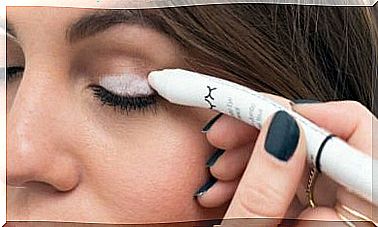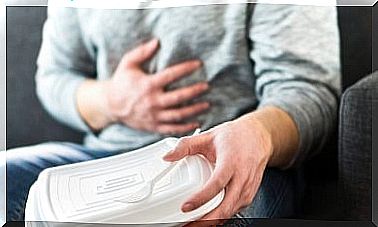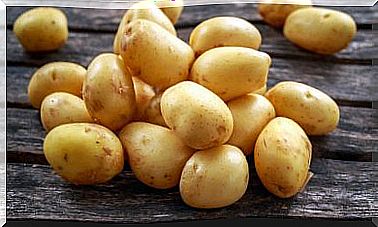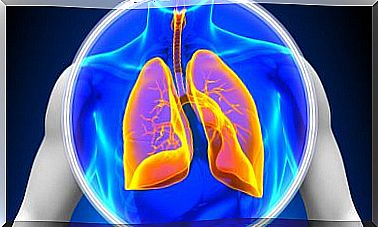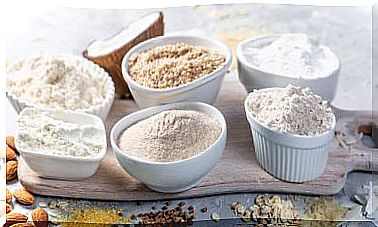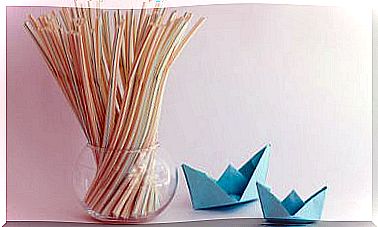The Different Treatments For High Blood Pressure
High blood pressure is a disorder that occurs when the pressure of the blood flow in the arteries rises above the reference values. This irregularity carries serious cardiovascular risks.
In the first instance, as a specialized article in the MSD Manual indicates, a compensatory phenomenon occurs in the heart. Precisely, the heart muscle hypertrophies and increases its pumping force to compensate for this increase in pressure.
However, this overexertion of the heart is not accompanied by an increase in blood flow, thus increasing the risk of heart failure and angina pectoris.
On the other hand, the high pressure suffered by the blood vessels makes them more susceptible to the appearance of thrombosis (clogging of the vessels) or atherosclerosis (accumulation of cholesterol plaques in the vessels). These types of blood vessel disorders can have serious consequences, such as heart attacks or strokes (cerebral infarction).
Finally, in the most serious cases, high blood pressure can lead to a dilation of the vessel (aneurysm) or even a rupture of the same. What steps can be taken to prevent these problems?
Treatments for high blood pressure
Generally speaking, treatment for people with high blood pressure consists more or less of maintaining a healthy lifestyle and following the doctor’s guidelines for taking drugs. Let’s look at this in more detail below.
Changes in lifestyle

As a first measure to implement in cases of arterial hypertension, the doctor will recommend introducing certain modifications in the lifestyle that will help normalize blood pressure values and improve the effectiveness of antihypertensive drugs.
In this type of treatment, the determining factor is usually the degree of commitment of the patient when it comes to following or not following the given guidelines. Some of them are:
- Weight reduction: especially in the case of obese patients, it is necessary to follow a hypocaloric diet. As the World Health Organization indicates, obesity is directly related to cardiovascular disease.
- Reduction of salt intake: reducing salt has a marked effect on reducing blood pressure, since one of the effects of its consumption is vasoconstriction, that is, the reduction of the diameter of blood vessels, such as indicates an article published by the Revista Chilena de Pediatría in 2009.
- Practice regular exercise. Regular moderate exercise leads to a decrease in blood pressure, as well as a reduction in the risk of cardiovascular disease. This is confirmed, among many other studies, in research published by Current Opinion in Cardiology in 2001.
- Smoking: it is strongly recommended to stop smoking. As a MedlinePlus publication explains, tobacco causes an increase in blood pressure.
Pharmacotherapy
First, it should be taken into account that pharmacological treatment should not be used as a substitute for other types of alternative treatments, but as a complementary measure of help.
The intake of drugs is especially indicated in people in risk groups, either because they have high blood pressure or suffer from other types of added pathologies such as diabetes, cholesterol or obesity.
In most cases of hypertension, a single type of drug is not administered, but rather an attempt is made to find the optimal combination of several.
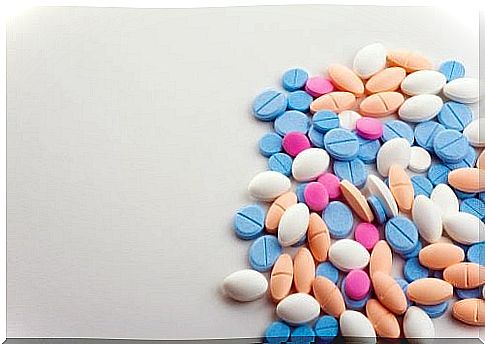
According to a publication from the MSD Manual medical site, some of these drugs are:
- Diuretics: this type of drug helps the elimination of salts through the urine. This decrease in the amount of salt in the blood will help lower blood pressure.
- Beta-blockers: their function is to prevent the hypertrophy of the heart muscle. The heart rate and the pumping force of the heart decrease.
- Angiotensin converting enzyme (ACE) inhibitors: produce vasodilation by relaxing the muscles of the blood vessels. Thus, by increasing the diameter of the blood vessels, they manage to lower blood pressure.
- Angiotensin Receptor Antagonists (ARBs): They work in a similar way to ACE inhibitors.
- Calcium channel blockers: prevent calcium ion from entering cells. The entry of calcium produces a vasoconstriction, so that, by preventing it, the effect achieved will be the opposite.
- Vasodilators: their general effect is to produce a relaxation in the blood vessels that lowers blood pressure.
- Renin inhibitors: reduce the levels of the enzyme renin, which is produced by the kidneys and participates in certain chemical processes that cause an increase in blood pressure.
The effects of these drugs vary greatly between patients, as they largely depend on the metabolism of the person who consumes them. Sometimes your doctor may recommend taking several of these drugs in low doses rather than just one in high amounts.
Take care of yourself to prevent high blood pressure!

In short, controlling pressure at home, maintaining good eating habits, drinking enough water throughout the day and avoiding alcohol and sodium intake are key measures in the treatment of high blood pressure.
These are care that everyone should take. Of course, patients at risk should modify their habits as soon as possible, in addition to the essential consultation with the doctor, but leading a healthy life will also help anyone to prevent future problems that could seriously compromise health.
